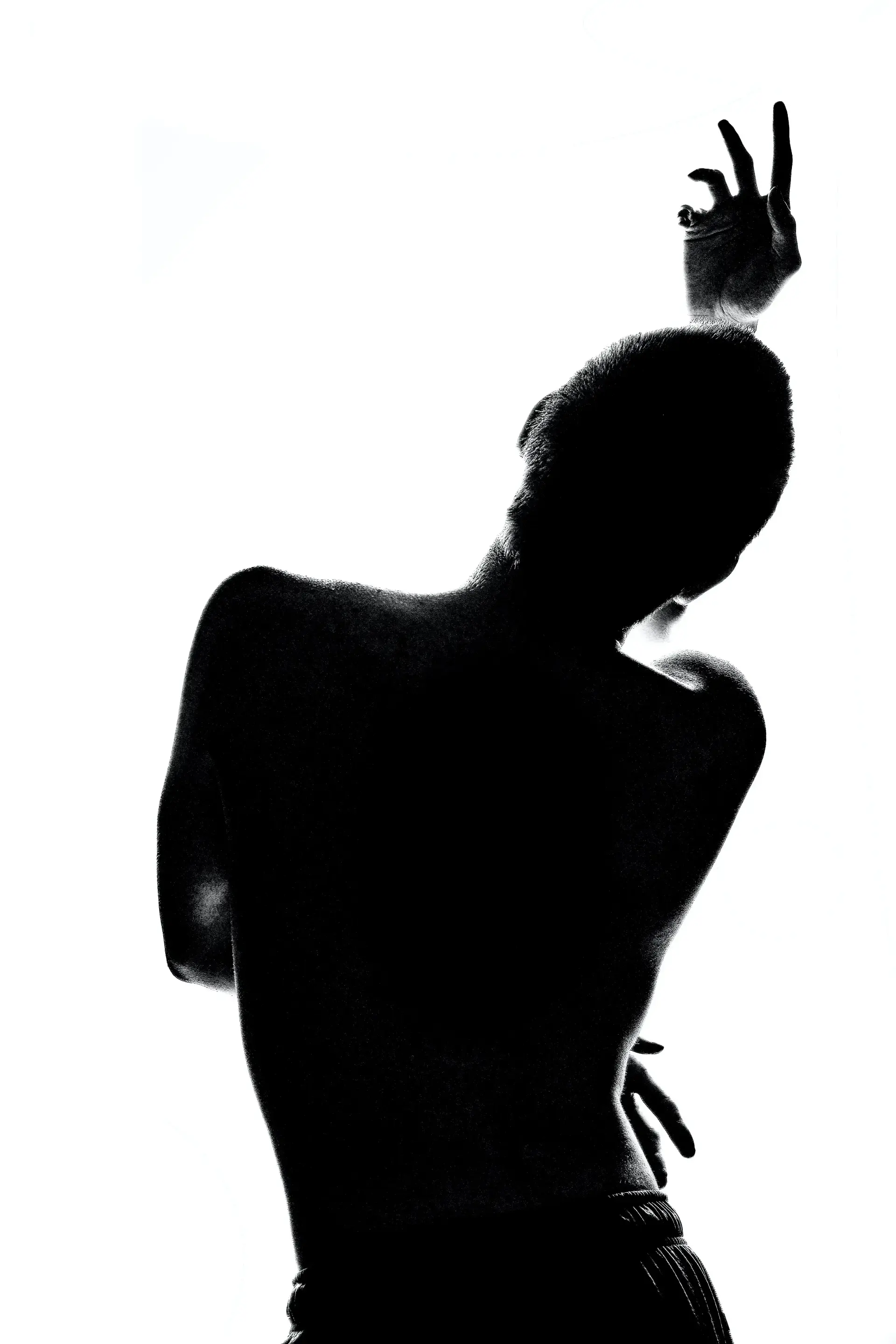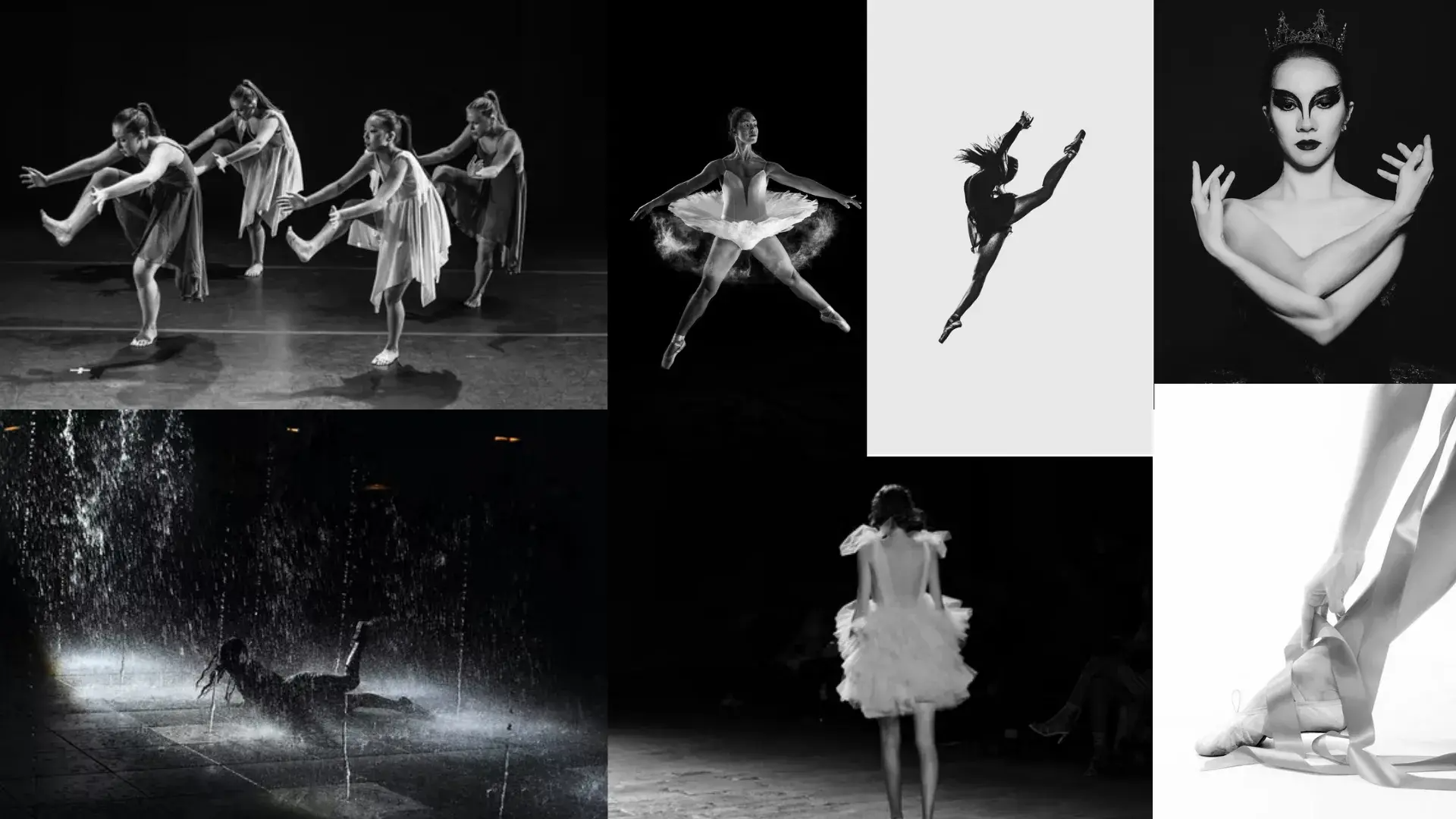Choreographing
Choreographers create the movements and dance elements for all kinds of performances, like plays, musicals, operas and fashion shows . They are responsible for the precise planning and development of performances. They are also present at the rehearsals with performers to help develop gesture and facial expressions as well as the dance element.

Fashion choreographers:
Choreographers independently take care of the creative process of each individual fashion show and event. They choreographer the walking style, order and rhythm of the catwalk models and tailor this to the story that the designer wants to portray. Selecting models and recruiting talent are also part of the choreographers tasks; they write their processes in a script in detail for a model to study and replicate. This can be so specific down to the exact direction of the model’s gaze. Choreographers teach the performers how to act using facial expressions, gesture and posture to create a very specific tone for the performance. For example, walking confidently in high heels changes the posture and also the inner attitude. Fashion choreographers are also catwalk trainers who help models to create the right physical expression for their appearance. The tasks of choreographers overlap in some ways with those of the director , for example having a say in the set design, props , costume and lighting of a show.
How do you become a choreographer?
After completing their dance and choreography training, choreographers often work as freelancers and are therefore either self-employed or in a fixed role (e.g. with a certain company). They are not only very musically talented, but also very creative, enjoy working with people under pressure and organised too. If you want to become a choreographer, there are various paths you can take. Specialised training and degree courses in choreography teach artistic skills, dance techniques and basic dance pedagogy alongside cultural and theatre studies. After their training, many specialise in the film and fashion industry, where they usually work freelance. However, if you have dance training and stage experience, it is entirely possible to work as a freelance choreographer.

